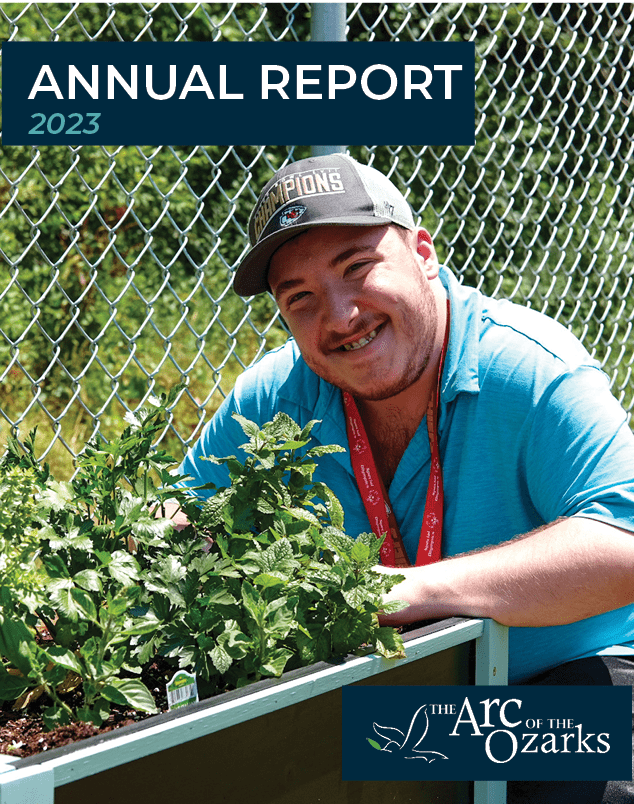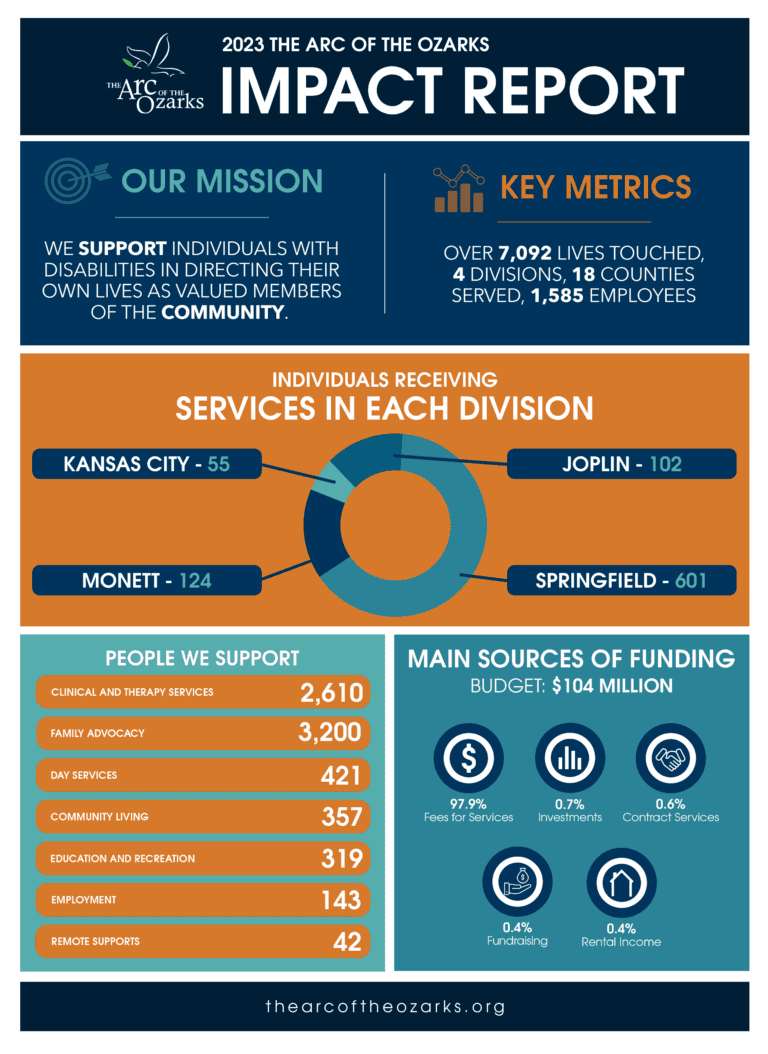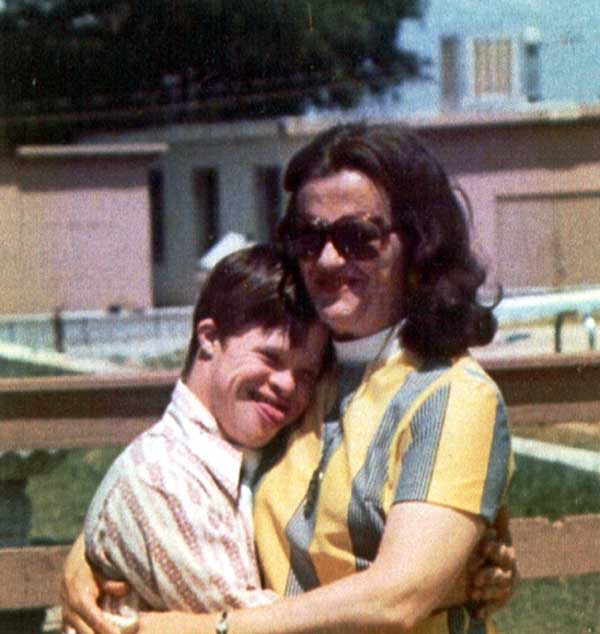
- About
- Program Services
Program Services
Program Services
- Therapeutic Services
- Events
Since 1964, The Arc has been enhancing the lives of people with intellectual and developmental disabilities who live, work, play and learn in our community. We believe in listening to each individual to find the best solutions that will meet their needs. Today, we offer a variety of services for individuals and families in the communities we serve.

Learn more about all of the ways The Arc is making a difference in the lives of individuals with disabilities and their families.


In 1959, a small group of parents recognized the need for services for their children with developmental disabilities. A support network was built for these children and their families resulting in the 1964 establishment of The Arc.
Today, The Arc serves individuals with a variety of disabilities. Services and programs include community living, employment, recreational, community support, educational, family advocacy, autism and therapeutic.
The Arc is affiliated with The Arc of the U.S., and our programs are accredited by Commission on Accreditation of Rehabilitation Facilities (CARF).
Learn more about the compassionate history of The Arc of the Ozarks, and how Carolyn Davis Newport’s visionary endeavors helped pave the way for supporting individuals with disabilities.
Get in touch with The Arc to learn more about our services, career opportunities, donations and much more!
Divisions
Administrative Office
Program Services Office
Office Hours
OUR MISSION
To support individuals with disabilities in directing their own lives as valued members of the community.
Divisions
Administrative Office
Program Services Office
Office Hours
Narrator:
Fifty years ago, there was a tremendous need for disability resources and services for families in the Springfield community. In 1959, Carolyn Newport and several parents gathered around a kitchen table to discuss their needs and the needs of their children. Carolyn wanted more for her child born with Down syndrome, thus the Ark of the Ozarks was established in 1964.
Lynn Neidigh:
“She was a wealth of resources and knowledge in the disability community here.”
Narrator:
Carolyn was instrumental in enhancing the lives of those with mental and physical disabilities. Everyone in the community knew her for the work she did, and the kindness she showed to families. She fought to bring a regional office of the Developmental Disabilities division of the Department of Mental Health to Springfield. She was on a team to establish the development of the Green Valley State School. Her son, Timmy, was integrated into the community. He went to school, was involved in Boy Scouts, and attended the early programs of The Ark that included summer and Saturday recreation.
Lynn Neidigh:
“Every time she was just like an icon advocate for individuals with disabilities in this community, and everyone I met just knew her and it made my job that much easier. She’s a visionary, and I think that you have to have a visionary to see, and to bring everybody else together to move causes forward.”
Narrator:
With Carolyn’s vision and influence, The Ark has grown from a small concept around a kitchen table to a $37 million nonprofit business that supports over 3000 individuals in southwest Missouri each year. The Ark of the Ozarks provides a wide array of services including residential, education, therapeutic recreation, advocacy, autism services, medically fragile, dual diagnosis, employment and psychological counseling.
Lynn Neidigh:
“The Ark of the Ozarks has been a major legacy that Carolyn has left and it is a precious resource for all of us parents in the Springfield area. We are blessed to have this resource here.”
Narrator:
The Ark of the Ozarks will continue the legacy that Carolyn Davis Newport created through our mission of serving individuals with disabilities in directing their own lives as valued members of the community.